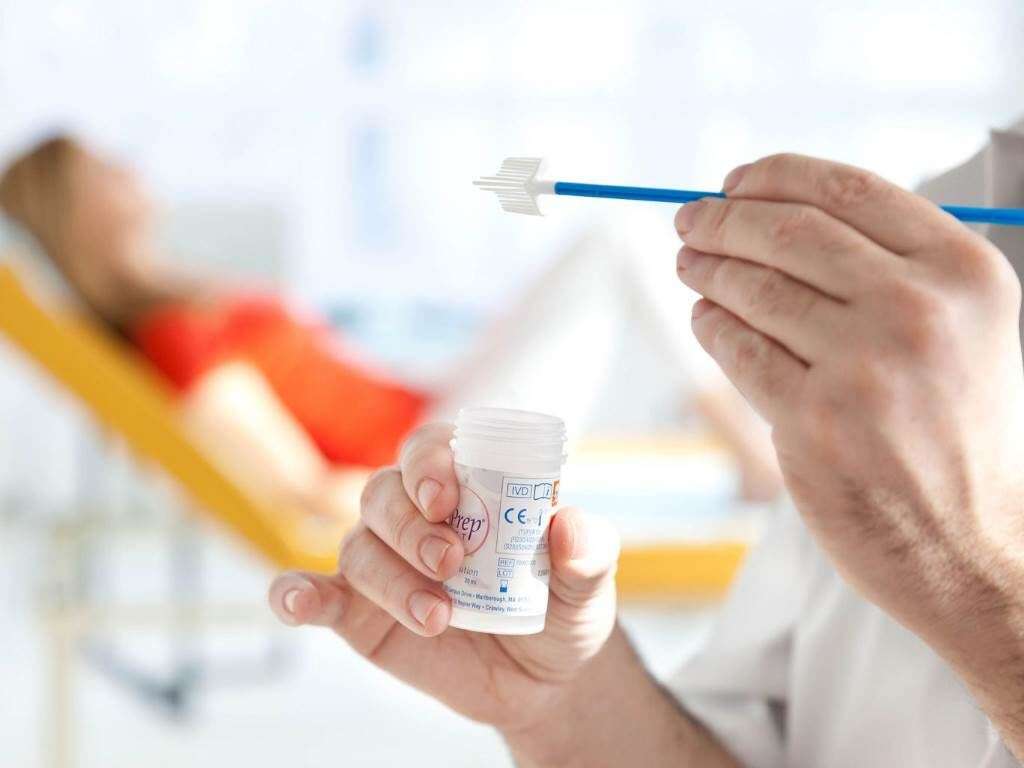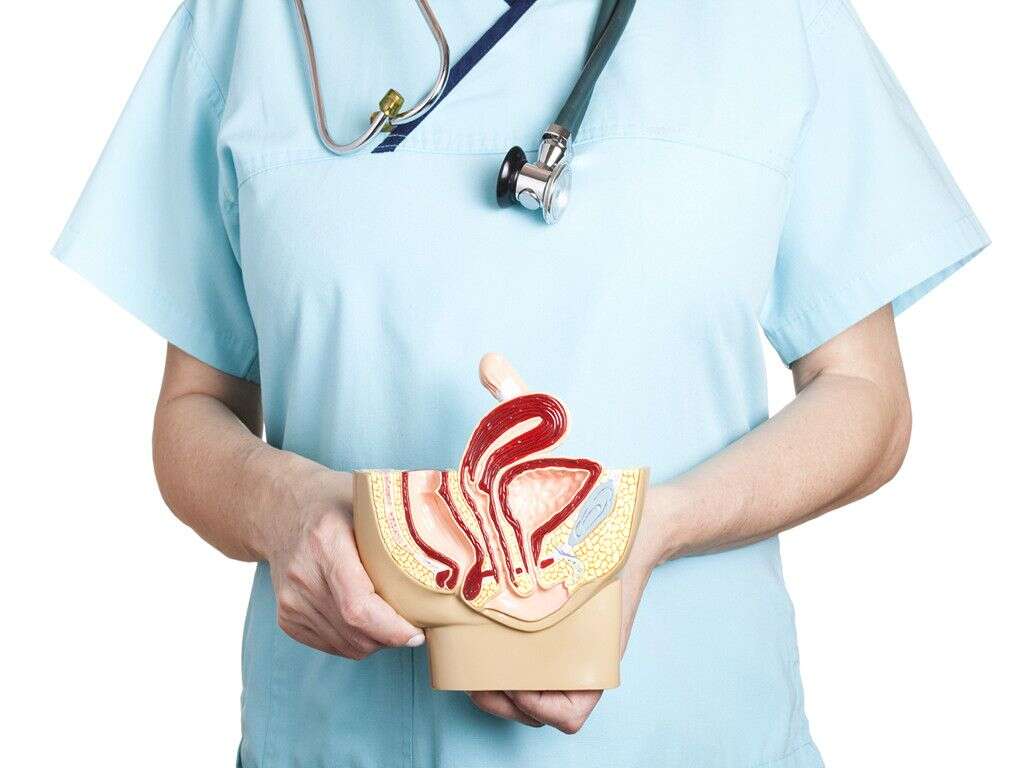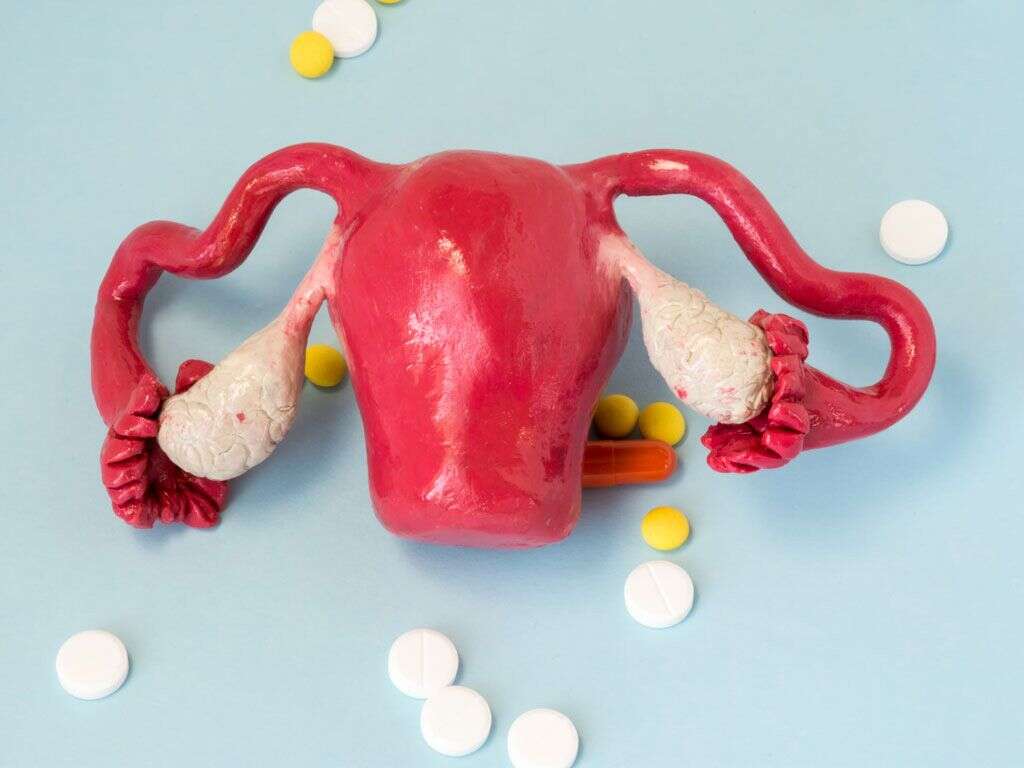10 Cervicitis Symptoms
 Article Sources
Article Sources
- 1. 'Cervicitis.' Harvard Health, 2 Jan. 2019, www.health.harvard.edu/a/to/z/cervicitis-a-to-z
- 2. 'Cervicitis, Cervix Inflammation: Diagnosis, Tests Management and Treatment.' Cleveland Clinic, my.clevelandclinic.org/health/diseases/15360-cervicitis
- 3. 'Frequent or Painful Urination: Colorado Urology Associates.' Urology Associates of Colorado | Denver Urologists, denverurology.com/urology/bladder-urinary-conditions/frequent-or-painful-urination/
- 4. 'Cervicitis.' Johns Hopkins Medicine, www.hopkinsmedicine.org/health/conditions-and-diseases/cervicitis
- 5. NHS Choices, NHS, www.nhs.uk/common-health-questions/womens-health/what-causes-a-woman-to-bleed-after-sex/
- 6. 'Cervicitis: MedlinePlus Medical Encyclopedia.' MedlinePlus, U.S. National Library of Medicine, medlineplus.gov/ency/article/001495.htm
- 7. 'Bacterial Vaginosis.' Mayo Clinic, Mayo Foundation for Medical Education and Research, 1 May 2019, www.mayoclinic.org/diseases-conditions/bacterial-vaginosis/symptoms-causes/syc-20352279
Pelvic Pain
Pelvic pain can have a range of causes, of which cervicitis is one. Pelvic pain from cervicitis may feel stabbing or dull and achy. It may also present as a feeling of pressure in the pelvis.
Pelvic pain may be caused by cervicitis itself or it could potentially be caused by a co-morbid problem. Chlamydia, gonorrhea and bacterial vaginosis can all cause pain in the pelvic area. Unrelated causes like endometriosis or premenstrual syndrome can also be to blame.
Advertisement









